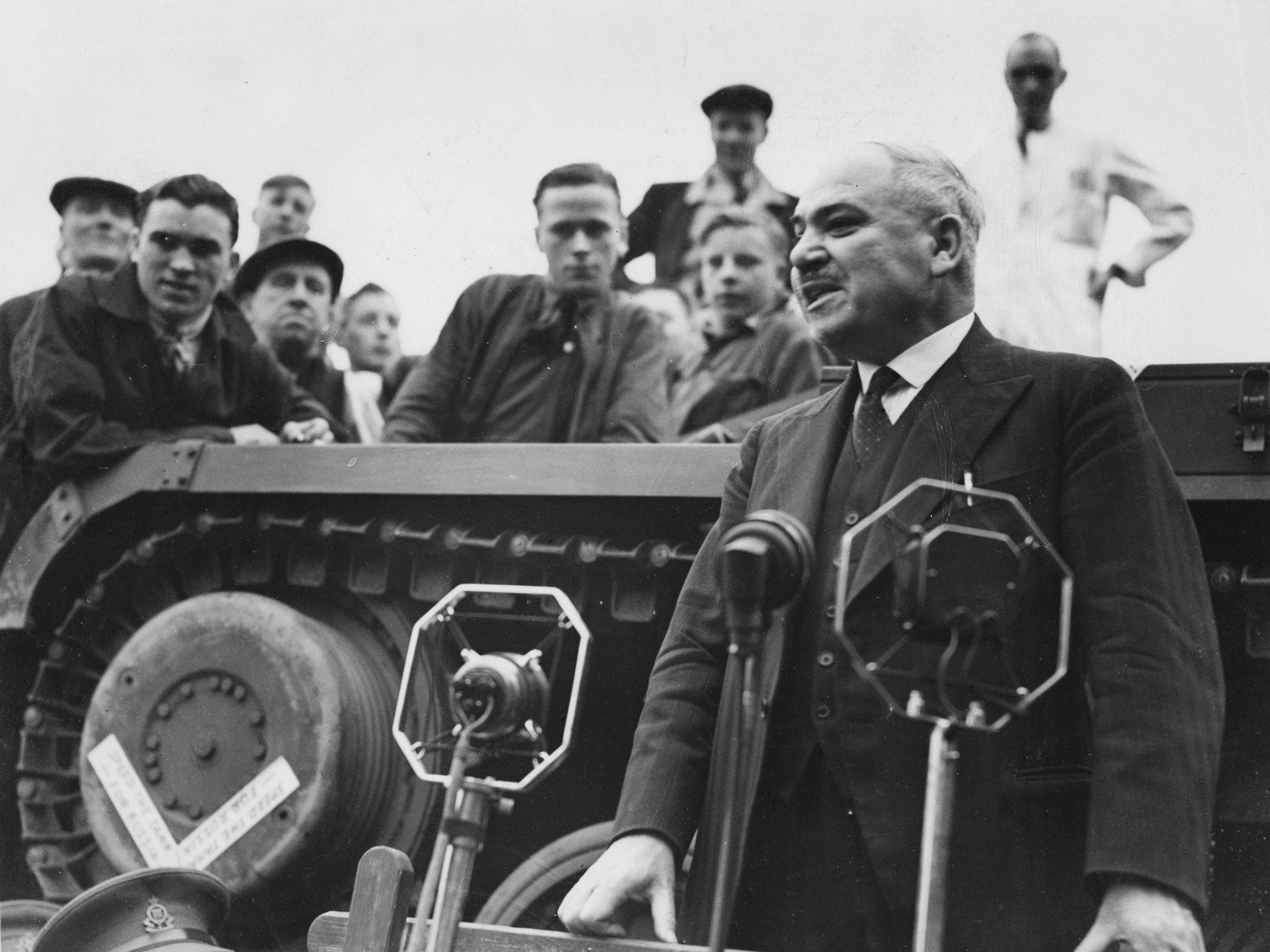Christmas 2015: The best 6 history books
Here are some of 2015's finest books to fire the imagination, engage the grey matter and invigorate the spirit over the festive period

Your support helps us to tell the story
From reproductive rights to climate change to Big Tech, The Independent is on the ground when the story is developing. Whether it's investigating the financials of Elon Musk's pro-Trump PAC or producing our latest documentary, 'The A Word', which shines a light on the American women fighting for reproductive rights, we know how important it is to parse out the facts from the messaging.
At such a critical moment in US history, we need reporters on the ground. Your donation allows us to keep sending journalists to speak to both sides of the story.
The Independent is trusted by Americans across the entire political spectrum. And unlike many other quality news outlets, we choose not to lock Americans out of our reporting and analysis with paywalls. We believe quality journalism should be available to everyone, paid for by those who can afford it.
Your support makes all the difference.The 70th anniversary of the end of the Second World War saw a torrent of books about the conflict, some flogging dead horses and others offering something new. A marvellous find was the diary of Stalin's wartime ambassador to London, published for the first time in English, as The Maisky Diaries, Red Ambassador to the Court of St James, 1932-1943 (edited by Gabriel Gorodetsky, Yale University Press, £25).
Ivan Maisky was a Stalinist by politics but also a free-spirited, inquisitive intellectual. The act of keeping a personal diary was treasonous in Kremlin eyes; Soviet officials were not supposed to indulge in such bourgeois habits. He was equally wayward in his friendships with Lloyd George, Clementine Churchill and Beatrice Webb. Fascinated – sometimes – with English pageantry, he loathed the Lords. "The mould of age lies visibly on it," he wrote. Stalin hauled him back and accused him of being a double agent. Nicholas Stargardt's study of German attitudes to the war certainly breaks new ground. The German War: A Nation Under Arms, 1939-45, (The Bodley Head, £25) places a flashlight inside the heads of "ordinary" Germans, drawing on sources that range from bishops' sermons to soldiers' raunchy letters home to their girlfriends. None of them seem to ask why Germany is fighting – what for – which testifies, if nothing else, to the frightening efficacy of the Nazi propaganda machine. Thought-provoking.
On the subject of minds, James Crawford looks at some of the great pieces of architecture that have vanished from sight but not from the human imagination, in Fallen Glory: the Lives and Deaths of Twenty Lost Buildings from the Tower of Babel to the Twin Towers, (Old Street, £25). Some of these structures, such as the Bastille, have become powerful metaphors. Others may never have existed, or not in the form we assume. It was said that when the Library at Alexandria was destroyed, "a vast tract of the collective memory and accomplishments of classical human civilisation and culture was wiped out". But was it? Crawford writes that it is "one of the great enigmas of ancient history. It could have contained everything and, just as conceivably, nothing."
Women who find their mothers a nightmare will enjoy Nancy Goldstone's Rival Queens, Catherine de Medici, her Daughter, Marguerite de Valois and the Betrayal that Ignited a Kingdom (Weidenfeld & Nicolson, £20). Scheming Catherine of France forced her daughter to marry the Protestant King of Navarre – but only to lure all the French Protestants to Paris and kill them. Margot's nuptials in Notre Dame ended in carnage with the St Bartholomew's Day Massacre. Outraged, she fled Paris for her husband's little kingdom only to find he had female company. Ever a sport, she took this in her stride, agreeing to become her husband's "sister" after he divorced her. If this is all just too French, try the other Margaret in Alison Weir's The Lost Tudor Princess, (Jonathan Cape, £20). Margaret, Countess of Lennox, was cousin to Good Queen Bess. Elizabeth wasn't so good to her, however, jailing Margaret after her son married Mary Queen of Scots without permission. After her son was mysteriously blown to pieces, Elizabeth let her out but more disasters followed. More quarreling queens feature in Michael Bloch's Closet Queens, Some 20th Century British Politicians (Little, Brown, £25), which even includes Winston Churchill, on the grounds that he became besotted with the journalist Brendan Bracken. Great fun as long as you don't take it too seriously.
Join our commenting forum
Join thought-provoking conversations, follow other Independent readers and see their replies
Comments